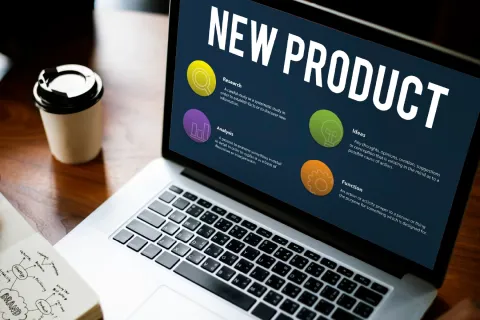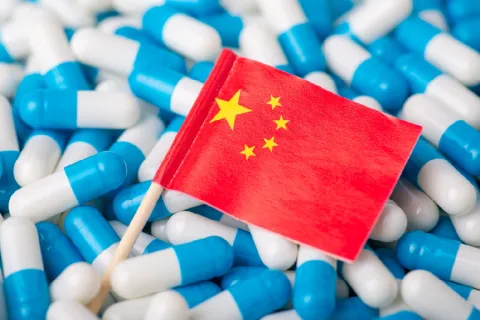
Regulatory practices across the globe have a significant role in ensuring that the drug preparation/product sourced for a disease is safe for consumption and effective against the targeted ailment. As of the current pandemic situation, Health authorities across the globe are granting emergency use authorizations based on the preliminary data obtained through phase III clinical trials. However, with exponentially increasing demand for vaccines, substandard and falsified vaccine products in circulation have been reported. To eradicate such spurious and substandard product penetration, developing a synchronized structure that facilitates fast-paced authorization is required to reduce time-to-market of quality preparations.
In August 2020, WHO released certain principles and guidelines to assist the National Regulatory Authorities (NRA) and other bodies under various Ministries of Health for COVID-19 vaccine deployment, preparedness, and implementation. The guidelines are to establish a framework for fast-paced authorization without compromising on the quality of the product under review.
The efficacy and efficiency of the approval procedure can be tailored to fit national requirements to overcome challenges at a national level. Stated below are the principles and guidelines provided by the WHO:
- Legality: Regulatory framework to be established must have a sound legal base.
- Consistency: Regulatory oversight must be consistent medicinal products with existing government policies and legislation.
- Independence: Government Authorities or Regulatory bodies responsible for oversight of medicinal products should be independent.
- Impartiality: All Regulatory parties should be treated equitably, fairly and free from bias.
- Proportionality: Regulation and Regulatory decisions must be proportional to the risk and the regulator’s capacity to implement and enforce the said decisions.
- Flexibility: Regulatory oversight should not be prescriptive but rather allow flexibility in responding to a changing environment and unforeseen circumstances. Prompt responsiveness to public health emergencies should be built into the Regulatory system.
- Clarity: Regulatory requirements should be accessible and understood by users.
- Efficacy: Regulatory systems should achieve their goals within the required time and at reasonable effort and cost. International collaboration promotes efficiency by allowing the best use of resources.
- Transparency: Regulatory systems should be transparent; requirements and decisions should be made known, and input sought on Regulatory proposals.
Member states that fall under the WHO can benefit by adopting enlisted principles in their framework, ensuring Good Regulatory Practices (GRP). Guidelines stating clear expectations and thorough evaluation of products in the marketplace can help identify the source of such substandard products being circulated instead of branded preparations. Such incidents endanger faith established by Health Authorities among the people. Inculcating a stringent Regulatory framework for a thorough evaluation of products in the market may help eradicate duplicate and substandard products. In the current scenario, established guidelines and regulations provide guidance towards the achievement of a product that is of optimal quality and compliant with the Health Authorities.
In such scenarios, companies may need help in navigating across diverse guidelines for product portfolios. Reach out to a Regulatory expert to achieve nothing but excellence in compliance.
Stay informed. Stay updated.









